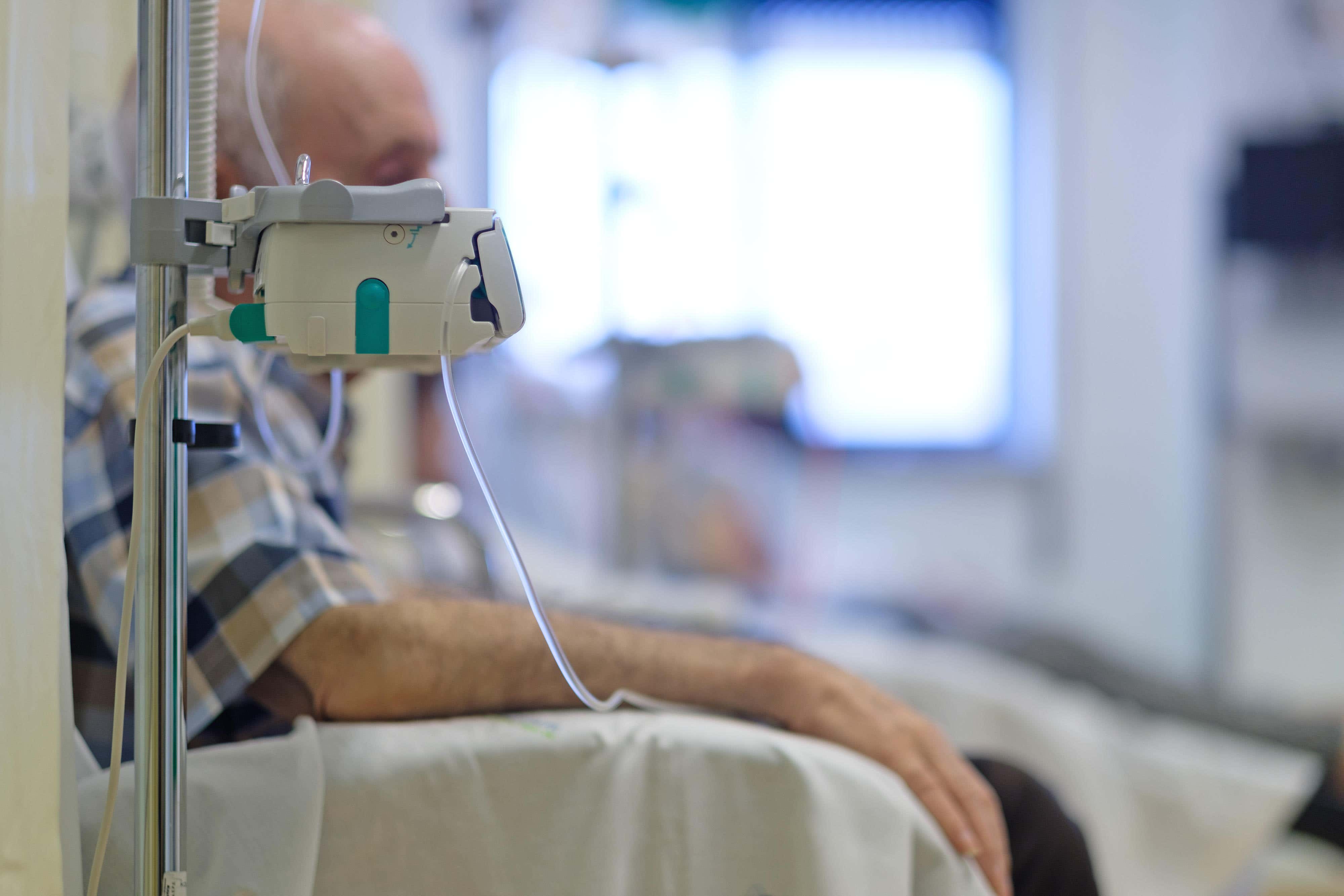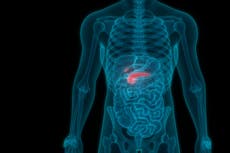Immune system is best at fighting cancer early in the morning, research suggests
Researchers say simply moving a treatment to dawn could make it ‘tremendously’ more effective

Your support helps us to tell the story
From reproductive rights to climate change to Big Tech, The Independent is on the ground when the story is developing. Whether it's investigating the financials of Elon Musk's pro-Trump PAC or producing our latest documentary, 'The A Word', which shines a light on the American women fighting for reproductive rights, we know how important it is to parse out the facts from the messaging.
At such a critical moment in US history, we need reporters on the ground. Your donation allows us to keep sending journalists to speak to both sides of the story.
The Independent is trusted by Americans across the entire political spectrum. And unlike many other quality news outlets, we choose not to lock Americans out of our reporting and analysis with paywalls. We believe quality journalism should be available to everyone, paid for by those who can afford it.
Your support makes all the difference.The human body is best at fighting cancer early in the morning, a discovery that could lead to more effective treatments, scientists believe.
Researchers say simply moving a treatment to dawn could make it “tremendously” more effective.
Earlier studies have found the body’s immune system is more and less effective at different times of day, and is most efficient early in the morning.
The new study suggests these rhythms, particularly those of vital cancer-busting dendritic cells, impact tumour growth and the effectiveness of immunotherapy treatments.
Biological clocks regulate physiological processes such as breathing, the heart rate and body temperature on a 24 hour rhythm, and the immune system is no exception.
For the study, researchers in Switzerland and Germany re-examined data on patients who had been given cancer vaccines for melanoma.
They found melanoma-specific T-cells, which are part of the body’s immune response, responded better to treatments administered early in the morning. This fits the pattern of the human body clock.
Earlier in the research, the team jabbed mice with cancerous melanoma cells at six different times of the day and then monitored tumour growth for a fortnight.
They found tumours implanted in the afternoon did not grow significantly, while those which were implanted at night grew much faster.
This is the opposite of the pattern seen in humans because mice are nocturnal animals.
The team then repeated the experiment in mice with no immune system and there was no longer any difference in how quickly the tumours grew depending on time of day.
They then administered an immunotherapy drug at different times of the day to mice whose tumours had been implanted at the same time.
The treatment was a vaccine consisting of a tumour-specific antigens designed to produce an immune response, which is very similar to what is used to treat human patients.
They found melanoma-specific T-cells responded better to treatments administered in the afternoon.
The team now want to confirm and refine these initial findings through more studies.
Lead study author Professor Christoph Scheiermann from the University of Geneva said: “These results indicate that simply changing the time of administration of a treatment could tremendously enhance its effectiveness.
“This is very encouraging, but it is only a retrospective study of a small cohort of ten people.
“However, the very idea that a treatment can become more potent depending on the time of day opens up some surprising possibilities.”
The findings were published in the journal Nature.



Join our commenting forum
Join thought-provoking conversations, follow other Independent readers and see their replies
Comments